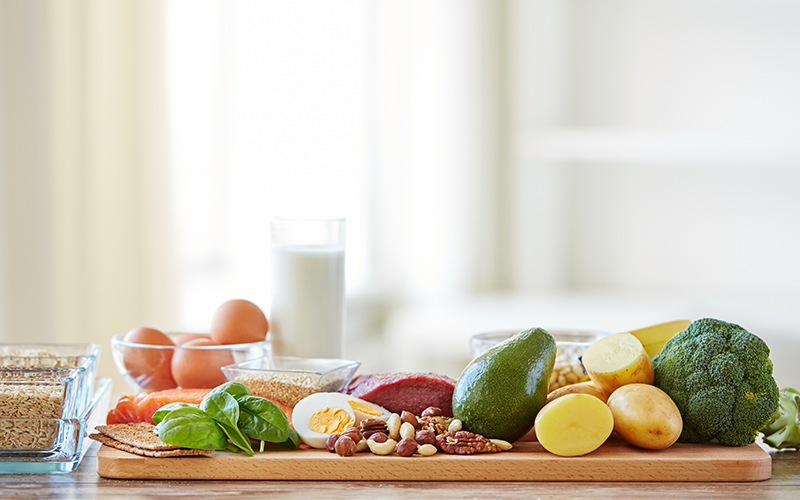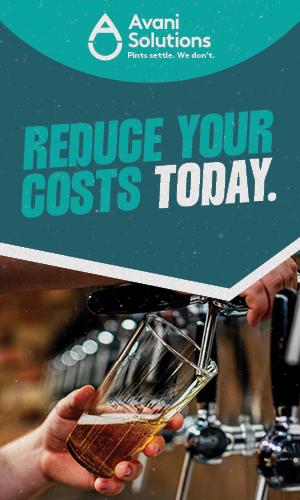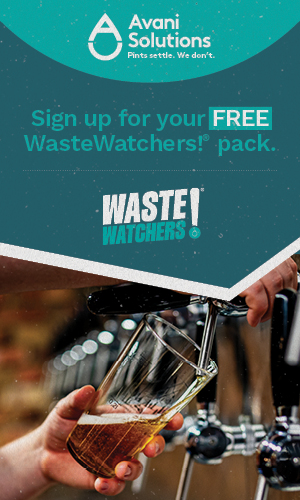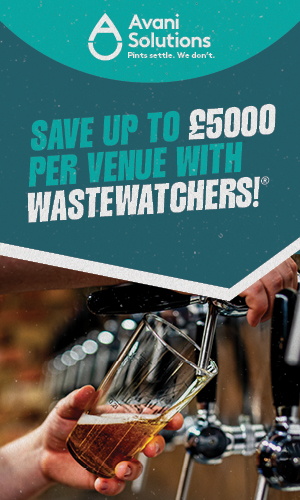ExCeL London and its catering partner Levy UK + Ireland, are to introduce carbon footprint information on the food served across its 400 annual events.
The information, provided by Foodsteps, will also be crucial in helping chefs design lower carbon dishes.
This labelling scheme “complements our other measures which include reducing red meat on menus, and all desserts being dairy-free”, said ExCeL sustainability manager Natalie Sykes.
Foodsteps’ scale is based on ‘carbon intensity’, which reflects the carbon footprint per kilogram of each food item or product, so kgCO2e per kilo of food. A ‘very low carbon’ (or A-rating) is attributed to recipes that are below 1.81 kgCO2e/kg. These recipes align to the planetary boundaries required to feed the planet sustainably by 2050.
The ratings slide from A to E. The current average carbon intensity of our diets is 4.63kg CO2e/kg, according to Foodsteps, which is a D-rated value. So, we need a 61% decrease to stay within the 2050 planetary boundaries.
The labels being used by Levy, the sports and entertainment arm of Compass Group UK & Ireland, will help inform the 4 million annual visitors to ExCeL about the choices they make.
Consumer adoption is essential to drive a reduction in the impact of food consumption, but the potential role of these so-called eco-labels is hotly debated.
Sodexo’s recent survey of 2,278 UK adults showed 60% do not recall ever having seen carbon labelling on food products or menus, but 20% seek out places with carbon labels. Some 36% expect restaurants and food-to-go outlets to offer carbon information, while 28% said they’d pay a premium for low and very low carbon options.
Sodexo is adding carbon footprints to the menus at 300 of its 700 sites in the UK and Ireland.
The appetite among foodservice companies to calculate the impacts of their dishes is currently strong. A Footprint Intelligence report published in March 2023 highlighted some of the foodservice companies that are offering their chefs climate data so they can swap ingredients and reduce the impact of their recipes.
Sporting events including the Six Nations, the FA Cup Final and the Cheltenham Gold Cup have this year been using Klimato data to provide fans with carbon footprint information about the food and drink they buy.
University College London (UCL), alongside its catering partner CH&CO, is trialling a new food carbon tracking app, designed by Reewild, that helps students manage their carbon impact. Just Eat for Business has been piloting the use of carbon labels for meals delivered to its corporate clients.
BaxterStorey has been rolling out Nutritics’ Foodprint carbon footprint labels; its sister business Benugo has had this labelling in place for some time already.
“Most of our engagement is with our teams rather than the end customers,” wrote BaxterStorey director of sustainability Mike Hanson recently. “Once teams have the knowledge and understanding on lowering the carbon footprint of dishes, you then have open conversations with customers to gently nudge them towards more sustainable choices.”
Voluntary, industry-led schemes are snowballing. But the chances of a mandatory, unified eco-labelling scheme for the UK are slim. The government “has no plans at present to introduce a mandatory eco-label, nor to endorse an existing or new eco-labelling scheme”, reads a recent update by the Food Data Transparency Partnership.
With so many schemes and approaches, the landscape for climate data collection and its disclosure is currently “confusing” FDTP said. These are all “competing for attention and a lack of coordinated work to supply the data demanded across the agri-food sector”.









